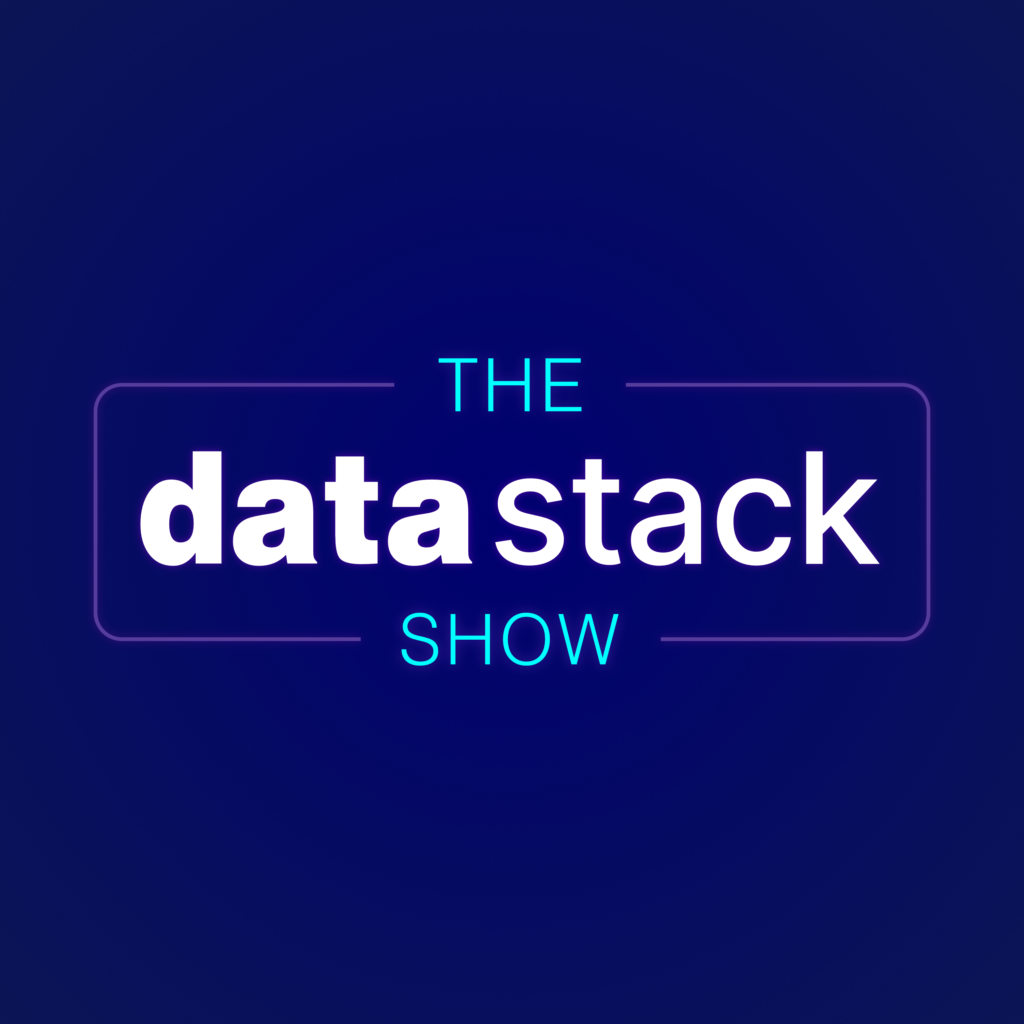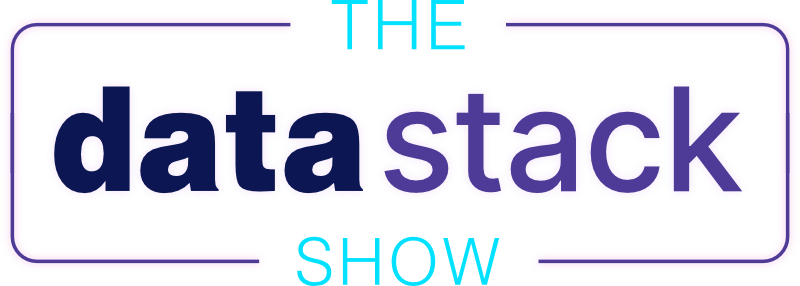
In this bonus episode, Eric and Kostas preview their upcoming conversation with Matteo Pelati and Vivek Gudapuri of Dozer.
The Data Stack Show is a weekly podcast powered by RudderStack, the CDP for developers. Each week we’ll talk to data engineers, analysts, and data scientists about their experience around building and maintaining data infrastructure, delivering data and data products, and driving better outcomes across their businesses with data.
RudderStack helps businesses make the most out of their customer data while ensuring data privacy and security. To learn more about RudderStack visit rudderstack.com
Eric Dodds 00:05
Welcome to The Data Stack Show prequel where we replay a snippet from the show we just recorded. Kostas, are you ready to give people a sneak peek? Let’s do it. Kostas fascinating conversation with Vivek and Matteo from Dozer. So interesting. The problem space of trying to turn data into an API, right, think about all the data sources that a company has. And their goal is to turn all of those sources into API’s and actually even combine different sources into a single API, which is where things get really interesting, right, you know, imagine a sort of a production database, analytical database, and ml database, being able to combine those into a single API that you can access in real time is absolutely fascinating. I think my biggest takeaway, you know, which we didn’t actually talk about this explicitly. But I think that they are anticipating what we’re already seeing becoming, you know, a huge movement, which is that data applications and data products are just going to become the norm. Right? Whether you’re serving those to an end user and an application, you know, so we talked about a banking application, where you need an account balance across, you know, the mobile app, the, you know, sort of web app, the insurance portal, etc, right, of course, you need that data there. Where you’re personalizing experience, right, based on, you know, sort of demographics, or whatever. All of these are data products. And we haven’t talked about that a ton on the show. But I really think that’s the way that things are going. And this is really tooling for the teams that are building those data products, whether they’re internal, or you know, sort of for the end user. And I think API’s make a ton of sense as the way to sort of enable those data products. So that’s my big takeaway. How about you?
Kostas Pardalis 02:21
I don’t think like an application engineer is going to change the way they operate. Right? Like they have the link, and they should continue, like working with squats, they know how to use right and do it like, I mean, how they do it, like already in application show, as well, I seeing that the opportunities for tools like those are, right? The same way that like a data engineer doesn’t want to get into all the protobufs. And I don’t know, like what else like applications are using to exchange data, right? The same way, like application developers shouldn’t get into like, what’s the Delta table ease, like, why they should care about that, right, like, or what like Snowflake is, what they care about is like, get access to the data that they need in the way that it has to be so they can build their stuff. And that’s how I think like, what is happening, I think it’s primarily like, like developer tooling problem to be solved. It’s not like a marketing. It’s not like a shell shops. It’s not, it’s not any of them, like, orbs kind of likes it. But I mean, there is space All obviously also like for these tools, but if we want to enable, let’s say, builders, we need to build also tooling, like for engineers to go and build on top of that data. So and I think like, we will see more and more of that happening, like even like in the you know, like reverse ETL tools that we’ve seen, like, coming in, like the past like two years, in that you see that like even with Toto, what’s the name of this one? Say, one of these companies out there? I don’t does, yes. They start like implementing, like a caching layer on top of. Yeah, Snowflake, right.
Eric Dodds 04:22
So like an audience cache? Yeah, for sure.
Kostas Pardalis 04:25
But yeah, but like, forget, like all the ends and put like any kind of like query resolver. Right. Right. I’m saying like they started, like from a marketing use case, right. But at the end, like what they are building right now is interfaces for application developers to go and build on top of data that leaves inside the warehouse, right? Yeah. And I’m sure we’ll see more and more of that. But it’s interesting to see that like, even like Hyperloop sub it was a command like, very like focused on like the marketing use case of levers. My understanding, like when I saw them, like when they started, they’re also like moving towards that, which is a good sign. It’s a sign that like, more technology is coming exciting to link and developer tooling.
Eric Dodds 05:14
Yeah, I agree. I think that, you know, we’ve talked a lot on the show over the last two years about, you know, data engineering, the confluence of data engineering and software engineering, right. And nowhere is this more apparent than, you know, putting an ML model into production or taking data and delivering it to an application that’s providing an experience for, you know, an end user. And so we’ve actually had a lot of conversations around, you know, software development principles in data engineering, you know, or vice versa, right. And tools, like those are fascinating, because they actually may help create a healthy separation of concerns where there is good specialization, right? Not that, you know, there isn’t good, you know, healthy cross pollination of skill sets there. But no, if you have an API that can serve you data that you need, as an application developer, that’s actually better. You can do your job to the best of your ability without having to sort of CO opt other skill sets or, you know, sort of, you know, deal with a lot of like data engineering concerns, right, and the other way around, so I think it’s super exciting, and an interesting shift, since we’ve started the show, so stay tuned if you want more conversation like this, more guests, lots of exciting stuff coming your way, and we’ll catch you in the next one.

Each week we’ll talk to data engineers, analysts, and data scientists about their experience around building and maintaining data infrastructure, delivering data and data products, and driving better outcomes across their businesses with data.
To keep up to date with our future episodes, subscribe to our podcast on Apple, Spotify, Google, or the player of your choice.
Fill out the form below to get a monthly newsletter from The Data Stack Show team with a TL;DR of the previous month’s shows, a sneak peak at upcoming episodes, and curated links from Eric, Kostas, & show guests.